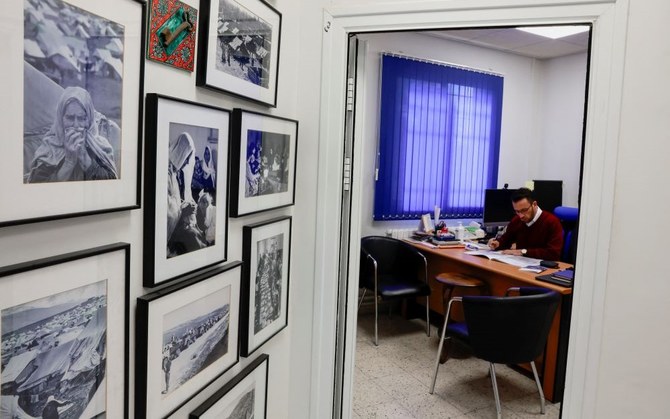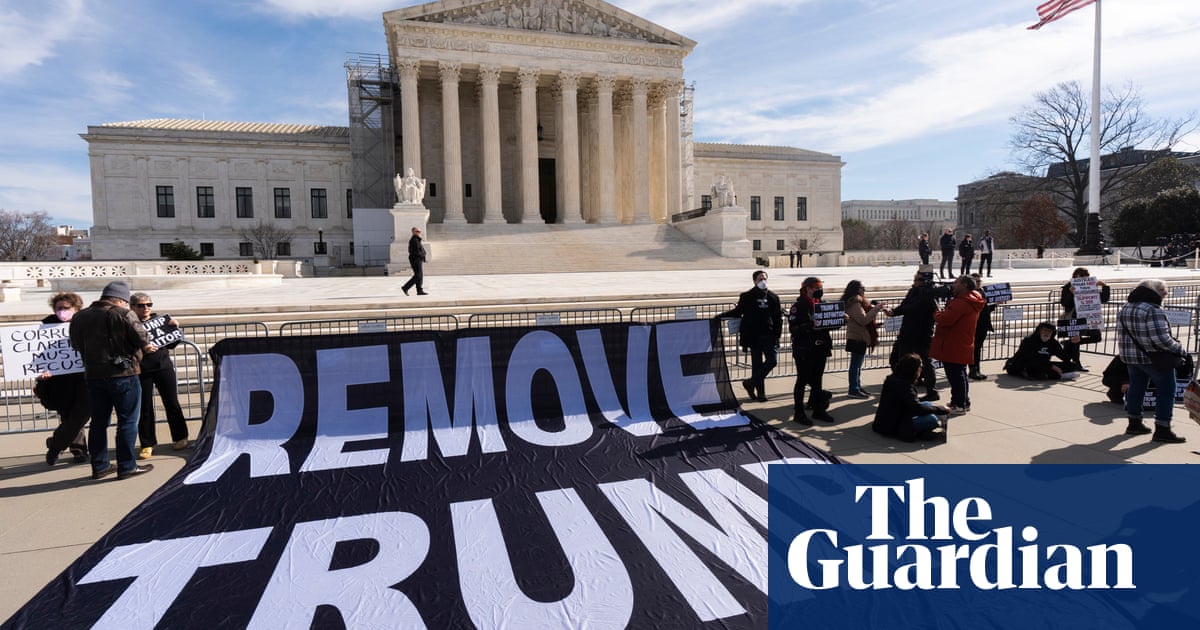
Industrial action by GPs could have a “catastrophic” impact on A&E units, the 111 telephone advice service and mental healthcare, a senior NHS leader has told the Guardian.
Family doctors who run GP surgeries across England are about to finish voting on whether to reduce the care they provide – including limiting the number of patients they see to 25 a day – in protest at the previous government increasing their budget by only 1.9% this year.
The ballot of GP partners being run by the British Medical Association (BMA) closes on Monday, with the result known soon afterwards. They are expected to vote in favour of taking industrial action – but not striking – that would start on Thursday.
The outcome of the ballot could pose another headache for Wes Streeting, the health secretary, who is holding talks with junior doctors aimed at resolving their long-running pay dispute during which they have gone on strike 11 times over the past 17 months in pursuit of a 35% rise.
In his first major policy announcement since replacing Victoria Atkins on 5 July, Streeting pledged to increase the share of the NHS budget that goes to general practice.
Referring to the prospect of industrial action by GPs, a source close to Streeting said: “This is just the latest example of the mess left by the Conservatives. We are determined to work with the profession to rebuild general practice, which is critical to making the NHS fit for the future.
“We will increase the proportion of resources going into primary care over time and help address the issues GPs face.”
There is huge concern across the NHS that GPs capping their patient contacts to 25 a day would cause significant disruption, with family doctors referring more patients than usual to already-overstretched hospitals as another tactic to force NHS England and ministers into a rethink. It could also extend waiting times for diagnostic tests and non-urgent hospital care, NHS chiefs fear.
“If all GPs implemented the patient cap, that could have a catastrophic effect on the entire healthcare system”, said Matthew Taylor, the chief executive of the NHS Confederation.
“General practice is now supporting more patients than before the Covid pandemic, so any reduction in their activity will put more pressure on other services, including A&E.”
As many as 3m GP appointments a month could disappear if family doctors push ahead with reducing the number of patients they see from what can be 50 a day to just 25, according to estimates by primary care leaders, speaking on condition of anonymity. The cap is one of nine options for industrial action suggested to GPs by the BMA.
Other tactics GPs may deploy include referring patients directly to hospital instead of continuing to manage their illnesses themselves after discussions with hospital doctors and no longer rationing the number of people they send to hospitals for diagnostic tests or admission for specialist care. Either would increase the workload of hospitals, many of which are facing the levels of demand for care they usually see only in winter, forcing some to recently declare a “critical incident”.
Industrial action could mean that up to 30% of GP appointments suddenly disappear, leaving patients no option but to seek care elsewhere, according to senior figures in primary care.
NHS England wrote to health service bosses last week warning that a scaling-back by GPs of the usual way they operate could have “whole system impacts” that could also lead to more people calling 999 or seeking help from walk-in clinics.
The BMA has advised GP partners to use the non-statutory ballot to endorse industrial action. “We need all GP contractors/partners to vote Yes to send a message to the government that we are ready to stand up for a better service for our patients and to protect our practices,” it has told them.
Dr Katie Bramall-Stainer, the chair of the BMA’s GPs committee, told Streeting in a letter earlier this month that “general practice, the most efficient and productive part of the NHS, is collapsing” because of underfunding, the closure of 2,000 practices since 2010, a relentless rise in the demand for care and the fact that each GP is looking after a caseload of more than 2,300 patients.
In its letter, NHS England warned that a GP slowdown could produce “short-, medium- and longer-term changes to patient flows between and across primary care, 999, 111, and urgent treatment centres/minor injury units. Planning should also seek to understand any potential impacts on diagnostic and elective activity.”
The “secondary impacts and consequences” of action by GPs could also affect the availability of mental health services, including care for those undergoing a crisis, and lead to “potential pressure/congestion on urgent and emergency care, elective and discharge pathways”, it added.
Ruth Rankine, the director of the NHS Confederation’s primary care network, said GPs believed that general practice had had “an unfair deal” because inflation, NHS pay deals and hiring extra staff had added to their costs. They also feel that hospitals have received favourable treatment in their finances in recent years, even though GP services provide 90% of all patient contacts with the NHS.
NHS England said: “We are continuing to work with GPs, the BMA and the government to avert any potential action but in the meantime the NHS has a duty to plan for any possible disruption and to ensure services continue to be provided for patients, so we will continue to work with local systems to help them plan in the event that collective action does go ahead.”












